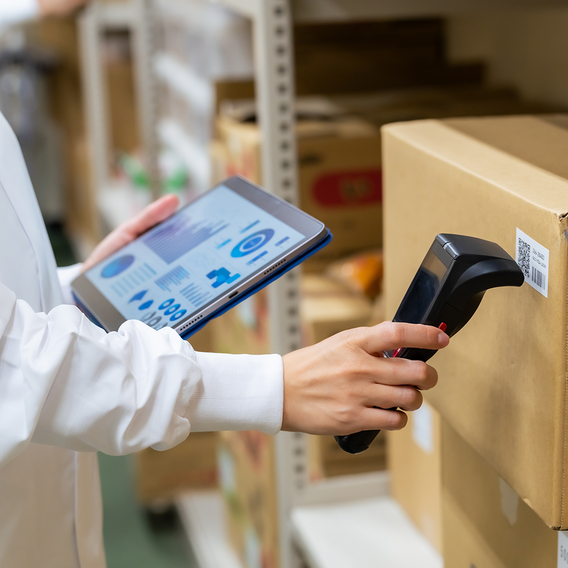
Food traceability
Food traceability is an essential concept in today's globalised food industry. It refers to the ability to trace the entire journey of a food product from farm to fork. This traceability not only ensures the safety and quality of food, but also enables a quick and efficient response in the event of recalls or contamination.
The requirement for traceability in Germany is primarily regulated in the General Food Hygiene Regulation, the Food and Feed Code, the Basic Regulation EC No. 178/2022 and the HACCP concept.
In many other countries, too, it is now a legal requirement for food manufacturers and retailers to implement traceability mechanisms. This obligation extends across the entire supply chain, from production to processing and distribution.

